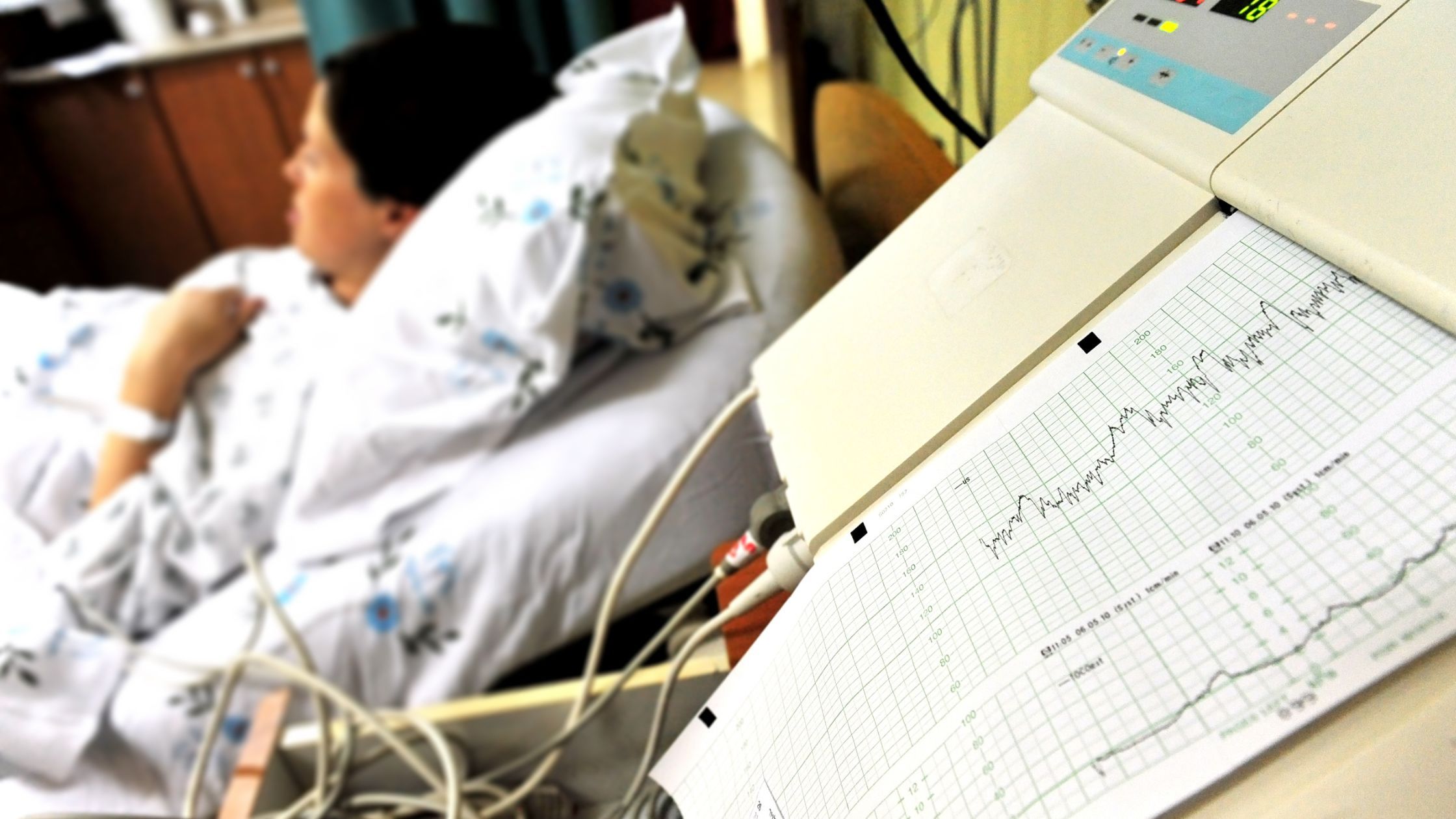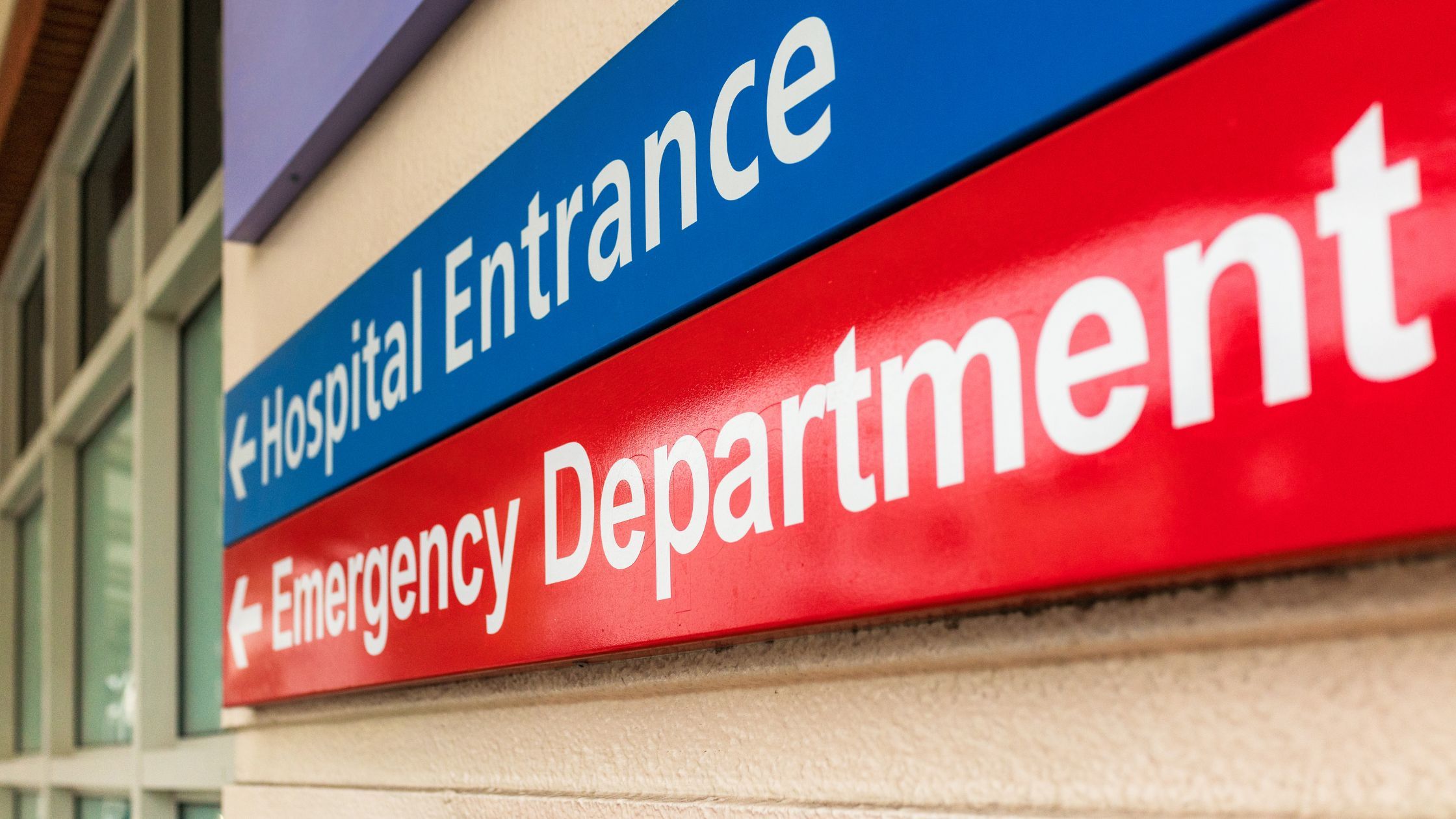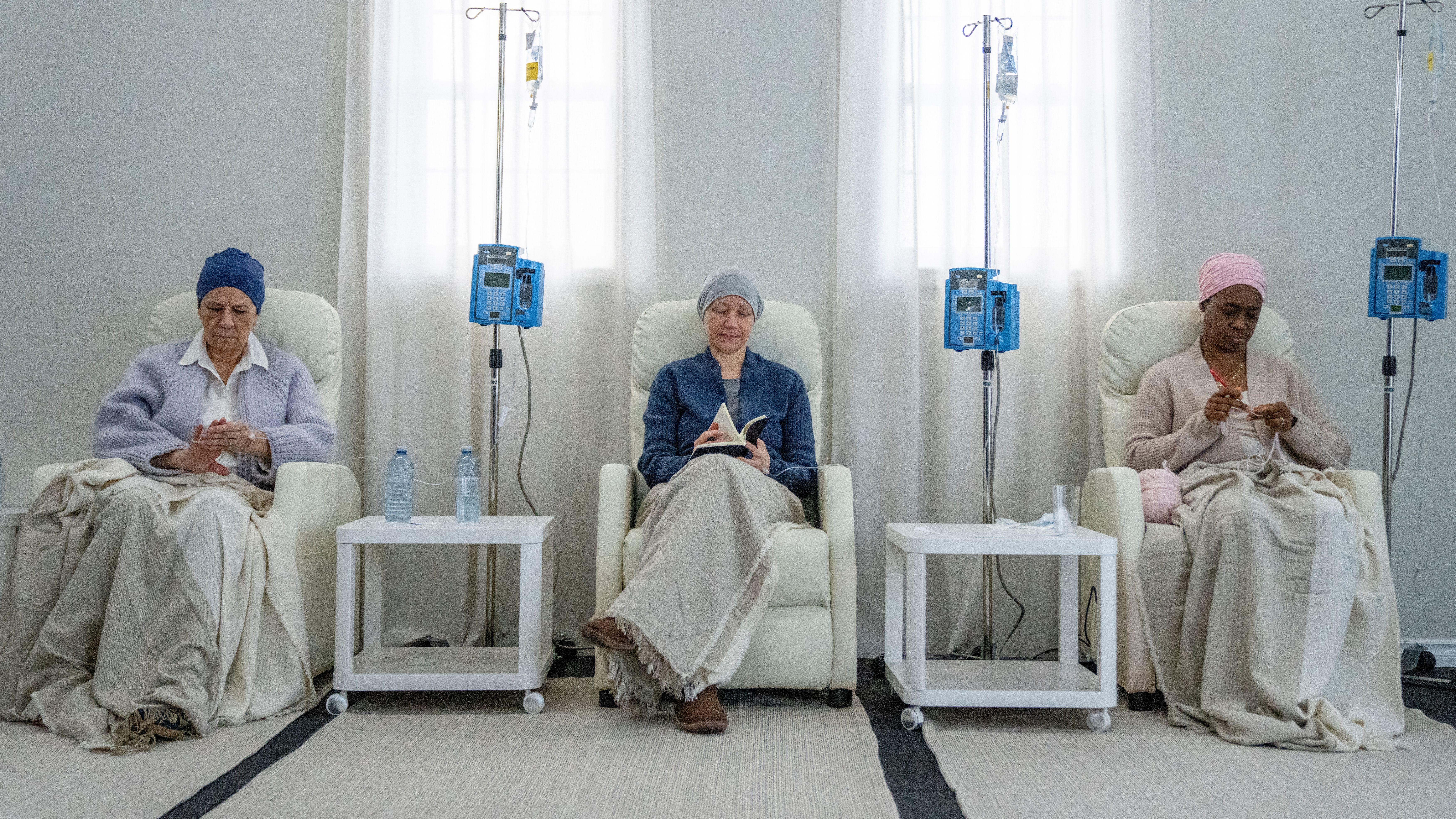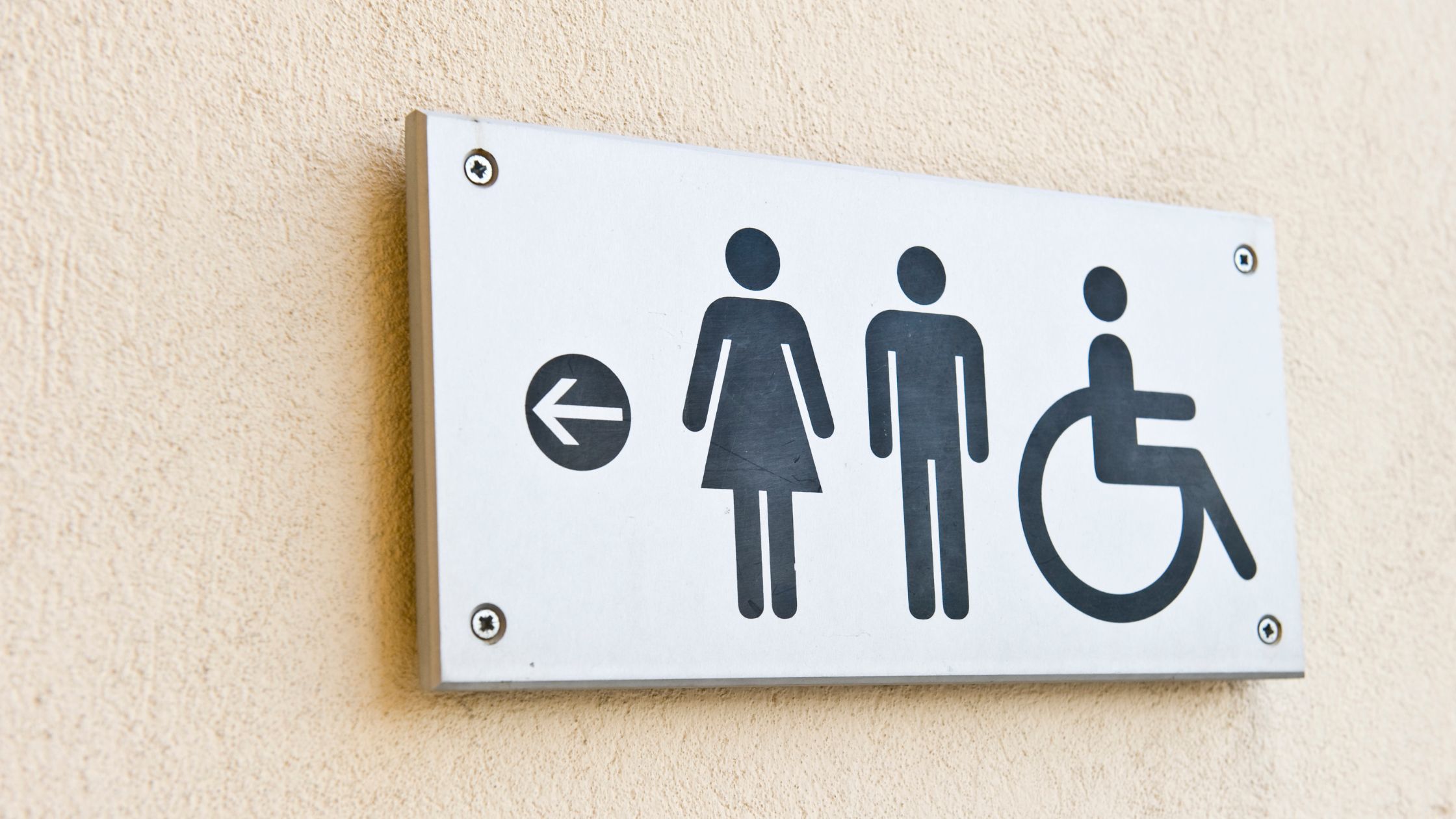Nearly one in four cardiac arrests in pregnancy are associated with complications of obstetric anaesthesia.
The aim of this study was to estimate the incidence of cardiac arrest in the UK obstetric population, describe how cardiac arrest in pregnancy is managed and report maternal and fe tal outcomes. Using the UK Obstetric Surveillance System (UKOSS), researchers identified 66 women who had experienced a cardiac arrest in pregnancy among 2.3 million who gave birth between 2011 and 2014.
The three-year study shows that maternal cardiac arrest in the UK is very rare (a 1 in 36,000 risk) and that maternal survival rates of 58% were possible due to timely resuscitation and rapid perimortem caesarean section (PMCS). In the 66 women involved in the study, cardiac output was restored in 48 and 49 women had a PMCS. The results also show that time from collapse to PMCS was significantly shorter in women who survived. 58 babies were delivered, 12 were stillborn.
Results found that the main association of collapse amongst antenatal women was obstetric anaesthesia, given as an epidural, spinal, or combined spinal-epidural. 16 (24%) of the women in the study had a cardiac arrest following obstetric anaesthesia (all survived).
Meanwhile, 12 of the 16 women (75%) who had a cardiac arrest following obstetric anaesthesia were obese (defined as having a Body Mass Index of 30kg/m2 or more). This supports the view that obese pregnant women are at a higher risk of complications of anaesthesia, as the increased body fat makes procedures technically more difficult.
The study also shows that hypovolaemia (a decrease in blood volume), venous thromboembolism (a formation of blood clots in the vein) and amniotic fluid embolism (when amniotic fluid or other debris makes its way into the mother's blood) are the main non-anaesthetic causes of cardiac arrest. As recommended in the most recent MBRRACE-UK report, there is a pressing need to improve systems focused on preventing and responding appropriately to these complications.
In addition, of the 66 women who arrested in pregnancy, 27 had co-morbidities which may have contributed to maternal arrest. The most common problems reported were asthma, mental health problems, cardiac disease, hypertension, haematological, autoimmune and endocrine problems.
The researchers suggest a revision of multi-disciplinary training for healthcare professionals, and a revision of supervision and support on the labour ward.
Dr Virginia Beckett, lead author and consultant obstetrician and gynaecologist at Bradford Teaching Hospitals NHS Foundation Trust, said:
Our study shows that management of cardiac arrest in pregnancy in the UK, following the introduction of training such as the Managing Obstetric Emergencies and Trauma (MOET) course, has resulted in a 58% maternal survival rate. The main reasons for this appear to be the involvement of senior medical professionals and swift PMCS.
American data shows that up to one third of women who arrest die with their baby still in utero. In the UK, we take a very different approach; in this study, PMCS was carried out in 49 (74%) of the 66 women involved (only two women remained undelivered when they should have had a PMCS). This is close to a five-fold improvement. Rapid PMCS saves women's lives.
However, our study shows that the single, biggest association of maternal cardiac arrest is a complication of anaesthesia. Further research is needed into this finding which presents an opportunity to reduce the incidence of maternal cardiac in the UK.
Mr Edward Morris, Vice President for Clinical Quality at the Royal College of Obstetricians and Gynaecologists (RCOG), said:
"This study demonstrates the importance of robust multi-disciplinary risk assessment processes in antenatal care, as well as team training to manage obstetric emergencies. It is also a great example of the value of collecting high quality data through UKOSS to improve outcomes for patients.
Childbirth can be unpredictable and timely access to specialist care is critical; especially for those considered at higher risk due to pre-existing health conditions. This data supports existing evidence that maternal cardiac arrest is becoming more common, and there may be opportunities to further improve survival rates through detailed analysis of this data.
Obesity has reached pandemic proportions globally, with around one in five pregnant women in the UK considered obese. This increases their risk of miscarriage, stillbirth and neonatal death as well gestational diabetes, blood clots, pre-eclampsia, more complicated labours, and severe bleeding after the birth. Although they survived, a high proportion of the women who had cardiac arrests following obstetric anaesthesia were obese.
Maintaining a normal bodyweight can reduce the risk of complications for both mother and baby. Women should keep active and eat well prior to conception and limit weight gain during pregnancy in order to improve their own health and provide their baby with the best start in life."
Mr Michael Masch, Deputy Editor-in-chief of BJOG, added: "Although about 60 percent of women survived, and most received timely resuscitation and perimortem caesarean section, this study highlights the necessity for regular multi-disciplinary training in specific arrest management. Further research into the links between anaesthesia and cardiac arrest is also warranted."






























